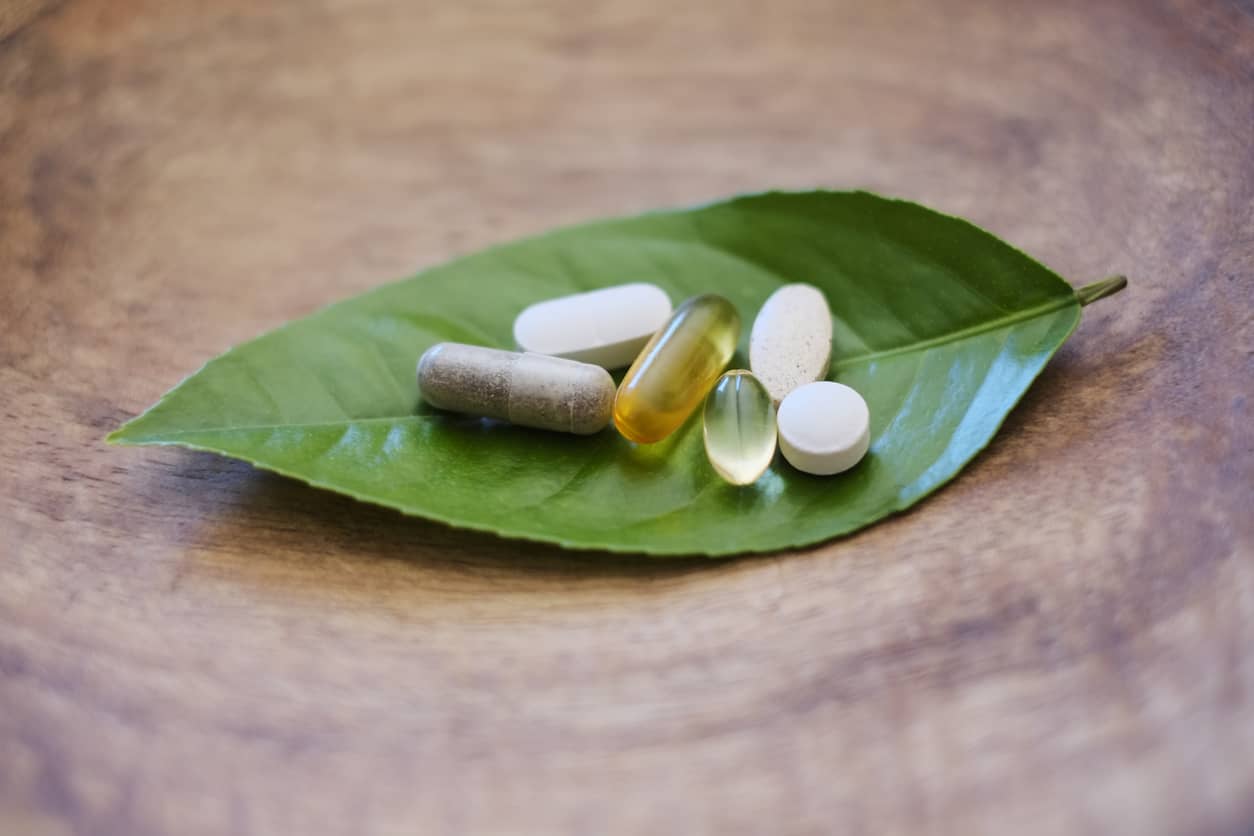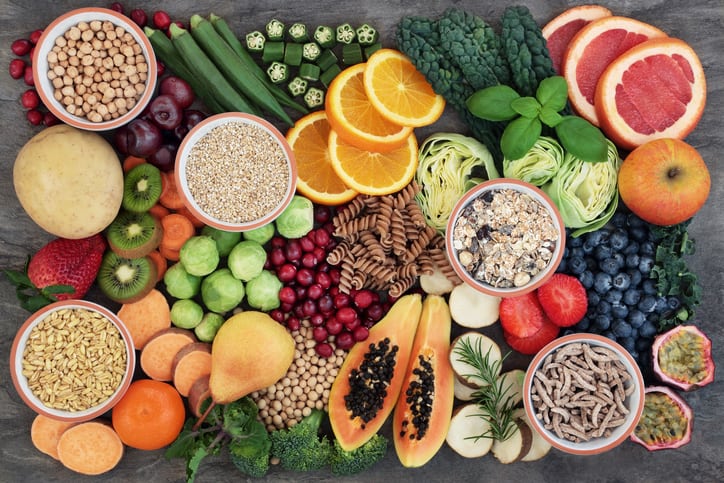
We’ve all heard we should be popping daily vitamins. Still need a reason or two to swallow these pills every day? For starters, they can help us live longer and stronger, fight disease, and kick our immune system into high gear. Plus, vitamin deficiencies are often linked to chronic disease, so that’s another checkmark in the “pro” column. However, when it comes to getting all the necessary vitamins, nutrients, nothing beats getting them from your diet. But even the health nut who’s super discerning in the kitchen may have a hard time meeting all of their nutritional needs every day. And that’s especially true if you’re a vegetarian or vegan, have dietary restrictions, pregnant, going through menopause or have certain chronic conditions. This is where multivitamins and other supplements come in. To maximize the benefits, these are the vitamins you should be taking:
Multi Vitamins. A good daily multivitamin should cover all the bases to provide a strong foundation for your health. Even if you ace your diet, sometimes your body doesn’t properly absorb all of the nutrients you need, so taking a daily multivitamin is a good backup plan. To make sure that pill you’re taking every morning with your OJ is actually doing its job, look for trusted, quality brands with natural ingredients that aren’t sourced synthetically.
Calcium. This is the one you need for strong bones and teeth. Women start losing bone density even earlier than men, so they have even more cause to load up. However, 40 percent of Americans don’t get enough calcium from their diet. Calcium-rich foods include salty fish, broccoli, kale, beans, lentils, nuts, nut butters, fortified cereals, milk, cheese, and yogurt. The recommended amount of calcium per day is 1,000 mg for most adults, so if you’re not reaching that with your grub, consider adding a supplement.
Vitamin D. In theory, getting enough Vitamin D is a cinch: You just have to soak up the sun for 15 minutes a day. But nearly half of the U.S. population falls short of getting their daily recommendation. Blame this on spending little time outdoors or living in places with not much sunlight, especially in the winter. Vitamin D can also be tough to get just from your diet, though it’s found in foods like fatty fish, egg yolks and fortified foods like milk, juice, and cereal. Vitamin D is key to helping our bodies absorb calcium, which is crucial for bone health. Falling short of Vitamin D can make you more likely to get sick, suffer from back and bone pain, and experience bone and hair loss.
Magnesium. This mineral is key to our energy production and bone health. The multitasker can help sleep problems, keep blood sugar levels balanced, regulate muscle and nerve function, make protein and bone, help calm our nervous system, and reduce stress. Since it’s an essential nutrient, our body needs to get it from food or supplements, but most people fall short of the recommended amount because they aren’t getting enough of it from their diet. Load up on pumpkin, spinach, artichoke, soybeans, beans, tofu, brown rice, and nuts to try to hit the right level before you reach for a pill.
Zinc. If you’re under a lot of stress—and who isn’t these days—then you’re probably falling short when it comes to zinc. It also tends to be low in older people. Zinc helps out our immune system, supports wound healing, and aids our body in using carbohydrates, protein, and fat for energy. The typical American diet isn’t high in foods that are filled with zinc, such as oysters, organ meats, sardines, spinach, grass-fed beef, pumpkin seeds, tahini, brown rice, wheat germ, and tempeh. Since the body can’t store zinc, daily supplements can help.
Iron. If you’re a big red meat eater, chances are you’re getting your fill of iron. But different people need different amounts of iron, and vegans and vegetarians tend to fall on the needy spectrum. The perks of getting enough iron include improved brain function, healthy red blood cells, and increased energy, so add an iron supplement to your list if you’re falling short.
Folate. Also known as folic acid, this is best known as a must for pregnant women. But if you’re battling depression, trying to boost hair and nail growth, or trying to fight inflammation, this ingredient is important for you, too. Foods that are high in folate include avocado, beans, dark leafy greens, and citrus.
Vitamin B-12. This complex keeps our body’s energy supply going by breaking down the micro nutrients—that would be fats, proteins, and carbs—we eat. It also regulates the body’s nerve and blood cells to keep them healthy and makes DNA. Since most sources of Vitamin B-12 are animal-based—including meat, poultry, fish, and eggs—vegans and vegetarians often don’t get enough.













